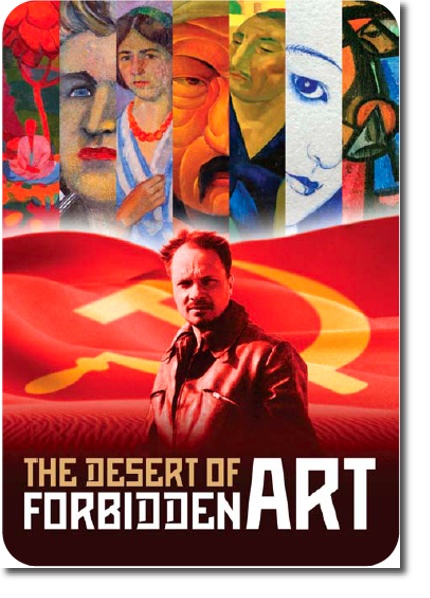Global Voices recently caught up with Dr. Sowmya Ramanathan after her first full semester of teaching at William & Mary. Dr. Ramanathan is and Assistant Professor of Hispanic Studies.
How have your first few weeks been at William & Mary?
Wonderful! William & Mary has such a gorgeous campus that I spent most of my first days taking in the beauty of its red-brick buildings, gigantic trees, and all the greenery. Beyond that, I received such a warm welcome from all my colleagues at the Modern Languages and Literatures Department and once classes started, immediately began the process of teaching-learning with some truly brilliant students. All of that made arriving at this new institution both a bit intimidating and also really exciting!
What are you teaching this year?
During the Fall and Spring of this year, I am teaching HISP103, which is an accelerated course that covers the beginning two semesters of Spanish in one semester. I also taught MLL’s HISP207 during the Fall of 2020, which is a course that studies marginality, the politics of inclusion and exclusion, and cultural production from Latin America and Spain.
What is the focus of your research? What projects are you working on right now?
I am interested in gender politics and cultural production in the Global South. More specifically, my work looks at the cultural and aesthetic production of womxn in Latin America, and I am particularly interested in how feminine and feminized others theorize and practice creativity, agency, and resistance within the difficult and often impossible conditions imposed by colonialism, capitalism, and patriarchy. I am currently working on the manuscript for my book on the fascinating work of Chilean writer, Diamela Eltit, and am conducting research for another project on the politics and poetics of care—as a form of labor and resistance typically performed by feminine subjects—in Latin America.
What will you be teaching next semester?
I am so excited for Spring 2022 as I’ll be teaching two courses on topics that are near and dear to my heart. First, HISP250 will focus on literary and cultural artefacts of Latin American womxn, studying gender theory to explore and interrogate canonical (colonial and patriarchal) depictions of the cultural sphere in Latin America. I’ll also be teaching a COLL150 course that takes on a more sociological perspective and reviews different strains and manifestations of feminism from the United States to Latin America.
What would be your dream class to teach and why?
I’m so lucky to be teaching two classes during the Spring 2022 semester that truly are my dream classes, but for fun and with the adequate time for research and preparation, I would love to teach a class on reggaeton and popular movements in Latin America. While the genre has often been considered sexist and materialistic, I find it fascinating that reggaeton has played such a seminal role in recent social movements like the protests in Puerto Rico demanding that ex-governor Ricardo Roselló resign or the feminist mobilizations across Latin America with slogans such as “sin perreo no hay revolución”. Teaching a class on the genre, with ample tools for understanding both its musical and social complexities, could permit illuminating discussions on how certain musical cultures have travelled from the Caribbean to the rest of the world, on the power of the body in public protest, and on the contradictions and complexities embedded within movements for sociopolitical change.



















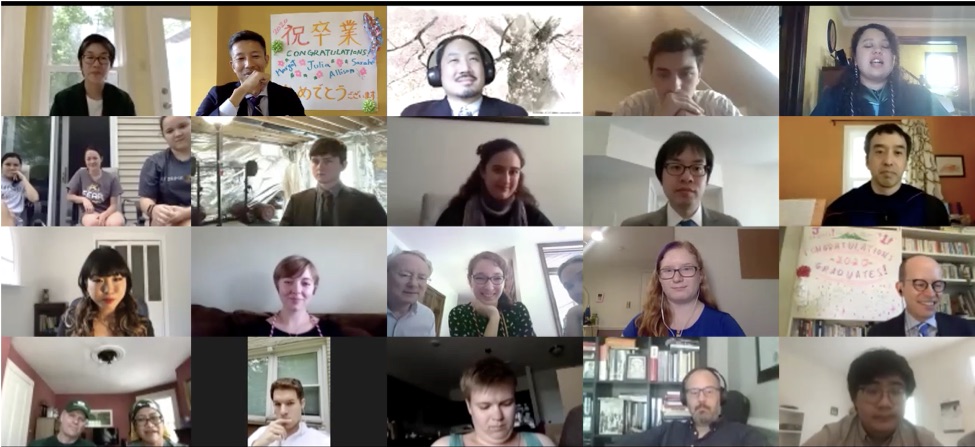



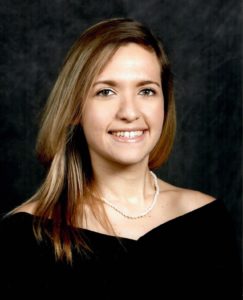
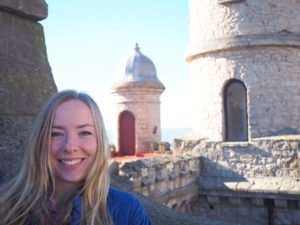
























 In the talk, Professor Wong discussed the figure of the Chinese sex worker—who provokes both disdain and desire—has become a trope for both Asian American sexuality and Asian modernity. Lingering in the cultural imagination, sex workers link sexual and cultural marginality, and their tales clarify the boundaries of citizenship, nationalism, and internationalism. Based on her new book, Transpacific Attachments, Professor Wong discussed the mobility and mobilization of the sex worker figure through transpacific media networks, stressing the intersectional politics of racial, sexual, and class structures. She focuses on the transpacific networks that reconfigure Chineseness, complicating a diasporic framework of cultural authenticity. While imaginations of a global community have long been mobilized through romantic, erotic, and gendered representations, Professor Wong emphasized the significant role sex work plays in the constant restructuring of social relations. “Chineseness,” the figure of the sex worker shows, is an affective product as much as an ethnic or cultural signifier.
In the talk, Professor Wong discussed the figure of the Chinese sex worker—who provokes both disdain and desire—has become a trope for both Asian American sexuality and Asian modernity. Lingering in the cultural imagination, sex workers link sexual and cultural marginality, and their tales clarify the boundaries of citizenship, nationalism, and internationalism. Based on her new book, Transpacific Attachments, Professor Wong discussed the mobility and mobilization of the sex worker figure through transpacific media networks, stressing the intersectional politics of racial, sexual, and class structures. She focuses on the transpacific networks that reconfigure Chineseness, complicating a diasporic framework of cultural authenticity. While imaginations of a global community have long been mobilized through romantic, erotic, and gendered representations, Professor Wong emphasized the significant role sex work plays in the constant restructuring of social relations. “Chineseness,” the figure of the sex worker shows, is an affective product as much as an ethnic or cultural signifier.






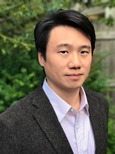


 rough high school and had basically accepted that I would be going to either South America or Spain, but my heart wasn’t fully content. I didn’t know what to do.
rough high school and had basically accepted that I would be going to either South America or Spain, but my heart wasn’t fully content. I didn’t know what to do. s part of the gang. I can’t imagine going through this year without this family.
s part of the gang. I can’t imagine going through this year without this family. en a place where I’ve grown as a person more than ever before, made lifetime relationships with the people in my program and especially with my host family, and learned how to become a part of a new culture by simply being willing to try. A year abroad gave me an opportunity to go above and beyond just the typical study abroad experience, and find my niche in a place on the other side of the world. It has been exciting, unbelievable,
en a place where I’ve grown as a person more than ever before, made lifetime relationships with the people in my program and especially with my host family, and learned how to become a part of a new culture by simply being willing to try. A year abroad gave me an opportunity to go above and beyond just the typical study abroad experience, and find my niche in a place on the other side of the world. It has been exciting, unbelievable, Congratulations to the Graduating Class of 2015! From the left, Lisa Laird (German Studies and European Studies), Mike Crumplar, Helene Melke, and Tyler Bembenek (German Studies and IR).
Congratulations to the Graduating Class of 2015! From the left, Lisa Laird (German Studies and European Studies), Mike Crumplar, Helene Melke, and Tyler Bembenek (German Studies and IR). German House Tutor Kim Mutmann joins the German Studies Program this year from the Wilhelms-Westfaelische Universitaet Muenster, where she received her M.A. in “National and Transnational Studies: Literature, Culture, and Language,” with a focus on Post-Colonial Culture and Politics. She completed her master’s thesis on South African Poetry: “Xenophobia under the Rainbow – Migrants in Post-Apartheid South African Fiction.” Before Muenster, Kim studied at the University of Maastricht, and at Salford University in Manchester, England. She has had numerous editorial internships, enjoys jogging and tennis.
German House Tutor Kim Mutmann joins the German Studies Program this year from the Wilhelms-Westfaelische Universitaet Muenster, where she received her M.A. in “National and Transnational Studies: Literature, Culture, and Language,” with a focus on Post-Colonial Culture and Politics. She completed her master’s thesis on South African Poetry: “Xenophobia under the Rainbow – Migrants in Post-Apartheid South African Fiction.” Before Muenster, Kim studied at the University of Maastricht, and at Salford University in Manchester, England. She has had numerous editorial internships, enjoys jogging and tennis.

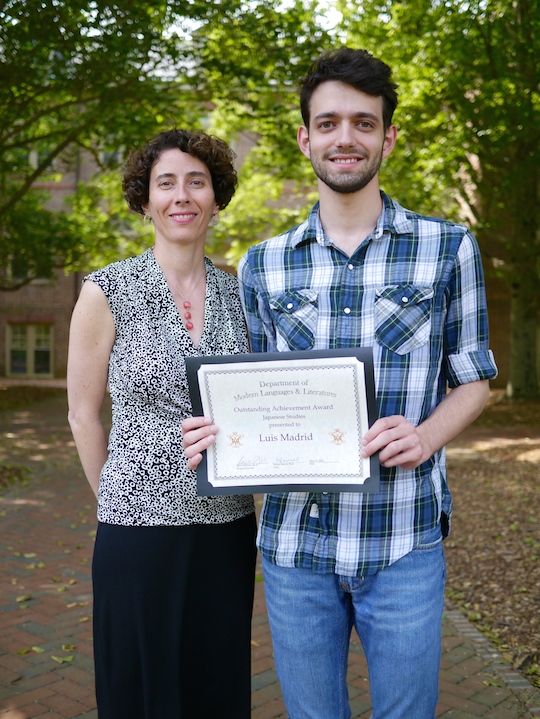

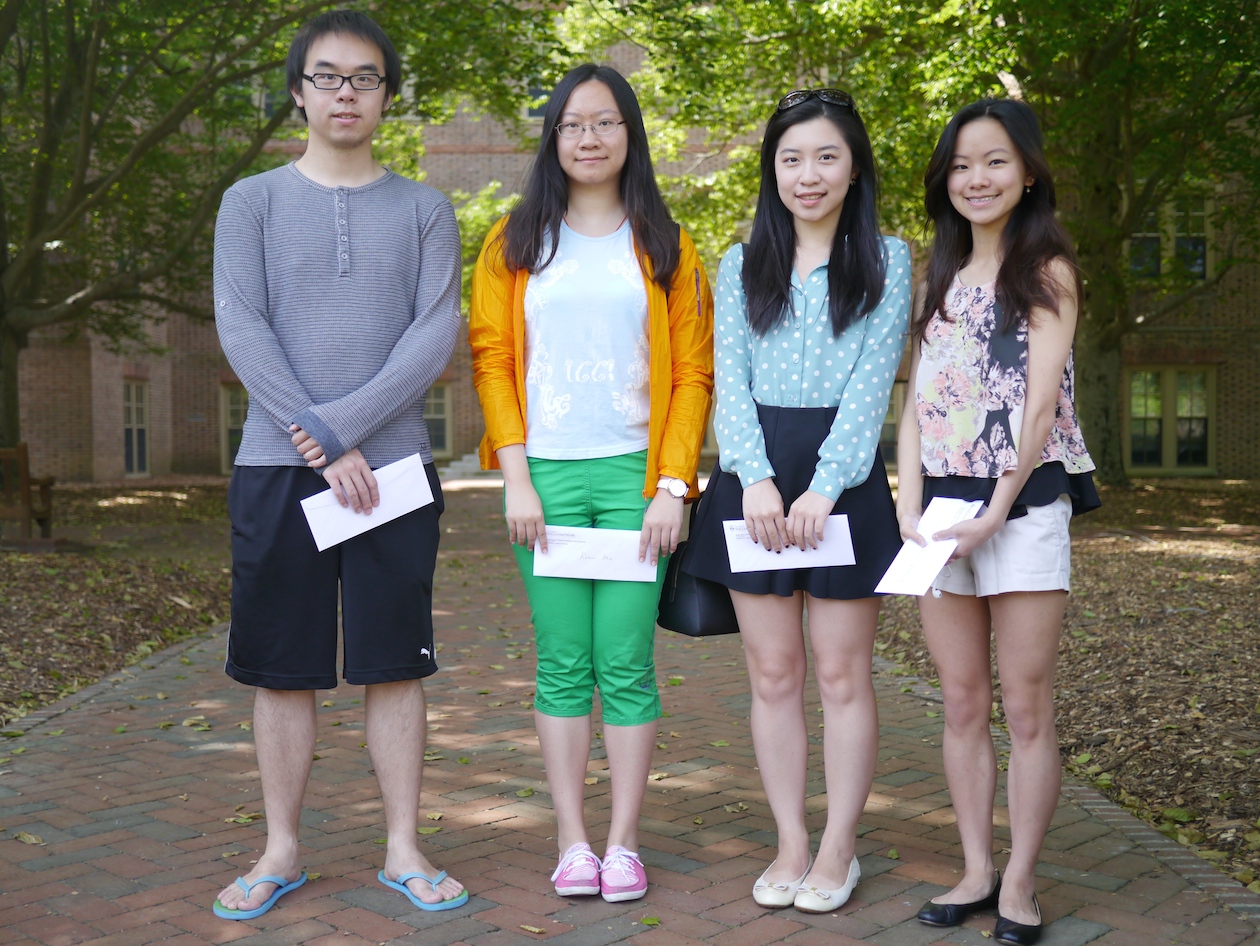

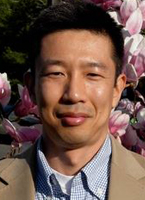
 Dr. Tomoyuki Sasaki, History, Eastern Michigan University
Dr. Tomoyuki Sasaki, History, Eastern Michigan University Всем привет! My name is Sophie, and I realized I wanted to be an RPSS major before I was even halfway through Russian 101 during my freshman year. It all started with the language, since I grew up wanting to speak Russian like my Babushka and other friends and relatives from home, but as soon as I started taking classes on culture, literature, and politics, I knew there was no going back.
Всем привет! My name is Sophie, and I realized I wanted to be an RPSS major before I was even halfway through Russian 101 during my freshman year. It all started with the language, since I grew up wanting to speak Russian like my Babushka and other friends and relatives from home, but as soon as I started taking classes on culture, literature, and politics, I knew there was no going back.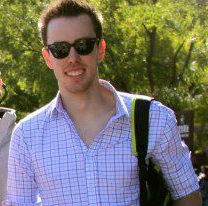
 ” I did not come to William and Mary intending to study Chinese, but, due to the applicability of China’s growth to my other major, economics, I decided I would try taking a few classes to see how I liked them. I have never looked back. Studying Chinese has been one of the most challenging, yet rewarding undertakings of my life. In the last four years, I have traveled the length and breadth of China, studied in the Peking University language immersion program, and made life long friends through my involvement with the Chinese Department at the College. The incomparable access to China’s ancient and beautiful culture provided by my study of Mandarin has given me a passion for Sinology that I will carry far into the future. Over the course of senior year, I conducted research on Chinese sex cultures since 1978 under the guidance of Professor Calvin Hui.
” I did not come to William and Mary intending to study Chinese, but, due to the applicability of China’s growth to my other major, economics, I decided I would try taking a few classes to see how I liked them. I have never looked back. Studying Chinese has been one of the most challenging, yet rewarding undertakings of my life. In the last four years, I have traveled the length and breadth of China, studied in the Peking University language immersion program, and made life long friends through my involvement with the Chinese Department at the College. The incomparable access to China’s ancient and beautiful culture provided by my study of Mandarin has given me a passion for Sinology that I will carry far into the future. Over the course of senior year, I conducted research on Chinese sex cultures since 1978 under the guidance of Professor Calvin Hui.
















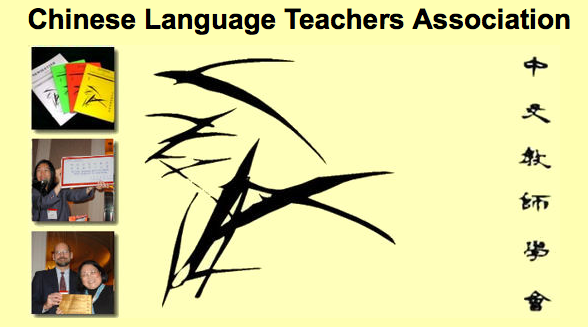
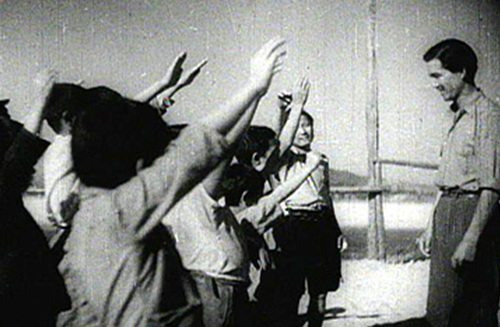
 Steven Chung of Princeton U. will give a lecture on Korean film of the colonial period, entitled “Visuality, Nationality, Archive.” 5:00 pm, Washington 201.
Steven Chung of Princeton U. will give a lecture on Korean film of the colonial period, entitled “Visuality, Nationality, Archive.” 5:00 pm, Washington 201.
 As part of the Asian Studies Initiative’s Spring 2011 Conference on the Silk Road, Prof. Victor Mair of the University of Pennsylvania, world-renowned literary scholar and archaeologist, will give a lecture entitled “The Bronze Age and Early Iron Age Background of the Silk Road.”
As part of the Asian Studies Initiative’s Spring 2011 Conference on the Silk Road, Prof. Victor Mair of the University of Pennsylvania, world-renowned literary scholar and archaeologist, will give a lecture entitled “The Bronze Age and Early Iron Age Background of the Silk Road.”